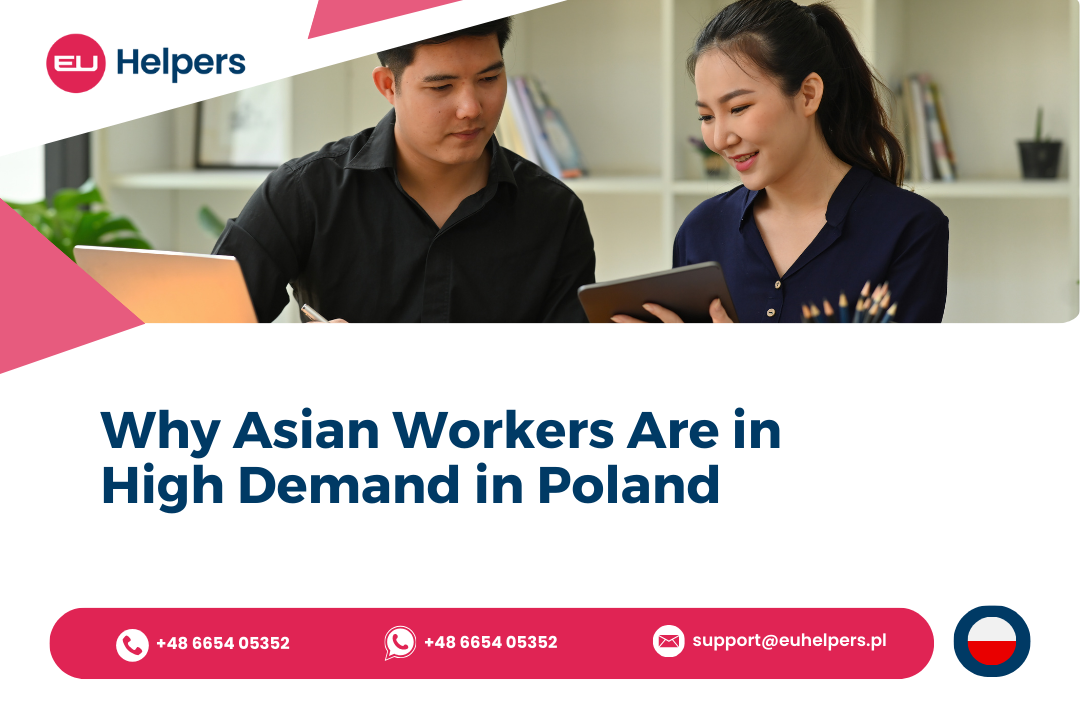As Poland witnesses a shift in its labor landscape, with a dwindling local workforce and increasing demand for physical labor, the spotlight turns towards foreign workers, particularly from Asian countries. The rising minimum wage has triggered a wave of change, compelling companies to explore alternative solutions to staffing shortages.
With the minimum wage in Poland reaching PLN 3,600 gross, the competition for labor has intensified across various industries. While some companies struggle to meet rising wage demands, others are adapting by offering enticing non-wage benefits to attract and retain employees. These benefits, once reserved for executives, are now becoming standard even for manual workers, ranging from gym memberships to medical care packages.
As the cost of living continues to rise, employees value benefits that directly impact their financial well-being. Additionally, factors like commuting convenience play a crucial role in job acceptance decisions.
However, despite efforts to retain local talent, the shortage persists, prompting companies to look beyond national borders for solutions. While Ukrainian workers have partially filled the gap, the trend is shifting towards recruiting from other Eastern European countries and Asia.
The future of Poland's labor market points towards increased recruitment from countries such as Georgia, Azerbaijan, Kazakhstan, Uzbekistan, India, Nepal, Bangladesh, and the Philippines. As the demographic decline and aging population continue to impact the availability of local workers, foreign labor presents a viable solution to sustain economic growth and meet industry demands.
The evolving labor dynamics in Poland necessitate a proactive approach towards workforce management. Embracing the influx of foreign workers offers opportunities for economic revitalization and ensures the continued growth of industries grappling with staffing shortages.
If you are skilled in physical work, contact EU Helpers to secure your dream job in Poland.

